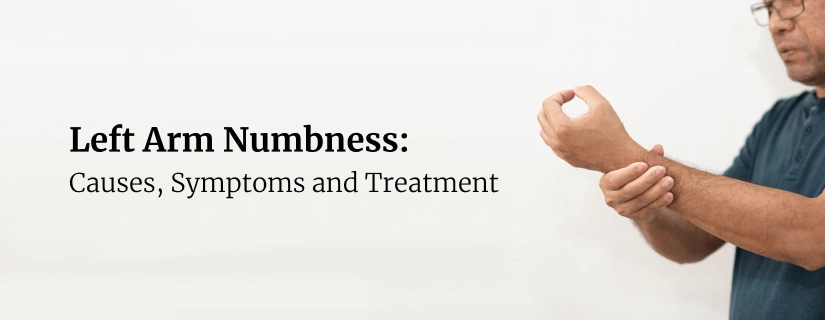In this blog, Dave Taylor and Jackie Martin-Kerry discuss the CHARMER (CompreHensive geriAtRician led MEdication Review) trial, registered at the ISRCTN registry. The trial, which began on 1 February 2024, will be the largest trial within the Ageing Specialty of the Clinical Research Network’s portfolio across England, involving data from over 20,000 older inpatients across 24 hospitals. Internationally, it will be the largest deprescribing trial.
Funded by the National Institute for Health and Care Research (NIHR), the CHARMER team have worked with healthcare professionals and older people, a patient group undoubtedly under-served by clinical research, to develop an approach to support geriatricians (hospital doctors who care for older people) and pharmacists to undertake more proactive deprescribing with older people whilst they are in hospital. Proactive deprescribing refers to stopping medicines before they cause harm. This is in contrast to reactive deprescribing, which is stopping a medicine in response to present harm, e.g., when side effects of a medicine cause a person to fall.
Why is the CHARMER trial important?
Stopping is always more difficult than starting something and this is especially true for medicines, often started years ago by one health professional and tricky for someone else to review years later. Many older people find themselves taking five or more prescribed medicines (called polypharmacy), in part due to people being treated simultaneously for multiple conditions. But as we age our bodies become less able to handle some medicines, and medicines that were once effective and safe may not have as much benefit and an increased chance of causing harm.
In previous research by members of the CHARMER team, older people and their carers told us that they would like their medicines reviewed by doctors during their hospital stay. They would like those medicines that are no longer needed or that could cause harm, to be stopped. However, for a variety of reasons this does not routinely happen.
Less than one percent of these medicines are stopped during hospital admission and most medicines are only stopped after they have caused harm (reactive deprescribing). So, while the principle of proactive deprescribing is an expectation of good prescribing practice, it doesn’t happen as often as it could.
The World Health Organisation’s initiative Medication Without Harm has proposed proactive deprescribing as a potential solution to reducing medicine-related harm. The CHARMER trial aims to incorporate proactive deprescribing as a routine aspect of care in Older People’s Medicine wards. This is critical if we are to tackle overprescribing, improve patient safety and address inappropriate polypharmacy among older people.
How was the CHARMER approach developed?
The CHARMER team worked with geriatricians and pharmacists to explore the reasons for this and identified several barriers, including concerns about the risks of proactive deprescribing, and the misconception that patients and their carers are resistant to having medicines stopped. They also told us that introducing some form of incentive would help them to proactively deprescribe.
The team has since worked with geriatricians, pharmacists, other hospital staff (e.g., Improvement Managers) and older people to identify and design the strategies to encourage more proactive deprescribing. These strategies are known as Behaviour Change Techniques and are the ‘active ingredients’ that are responsible for bringing about change in behaviour.


